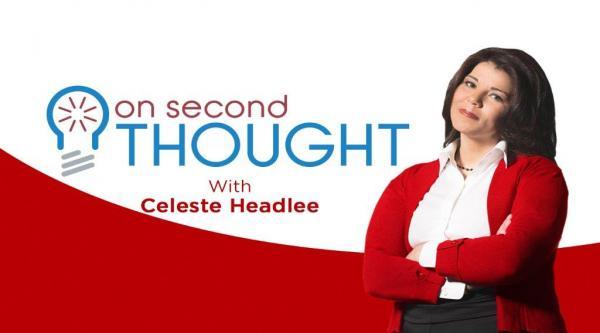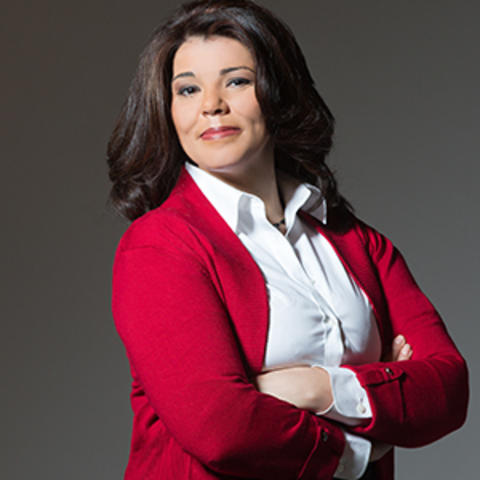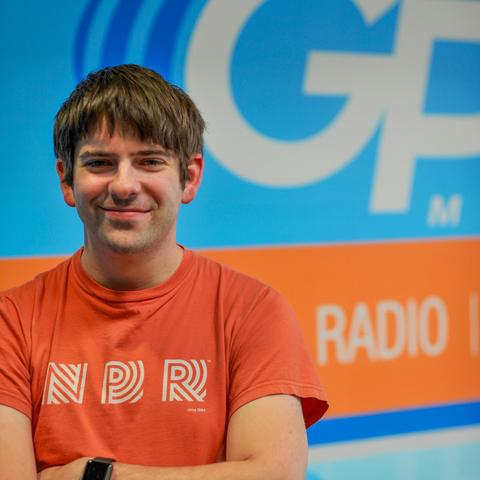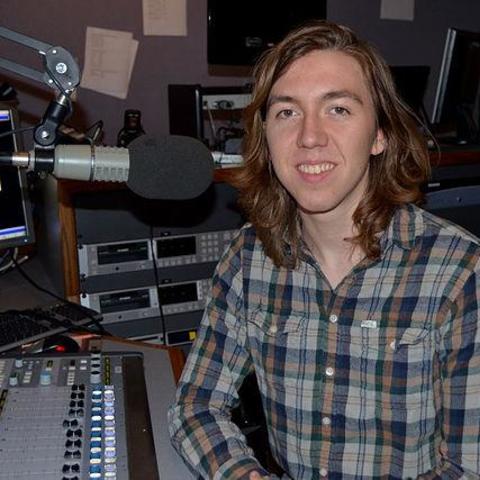Section Branding
Header Content
On Second Thought For Wednesday, October 25, 2017
Primary Content
A special hour about guns in the South: the people who own them, the emotions they stir, how they’re bought and sold, the total cost of gun violence, and the history of laws controlling who has access to them.
Guns are a staple of many Southern homes. Pew Research estimates at least one in three households keep a gun. We caught up with some gun owners around Georgia to ask why and when they’re armed. Then, we get a primer on current Georgia gun laws, and how we became one of the most permissive states in the country when it comes to firearms. Turns out, it wasn’t always this way.
Georgia’s hunting season opened last Saturday. GPB’s Emily Cureton joined a father and son hunting deer together in Middle Georgia. She sends us an audio postcard from the woods of Monroe County.
For 29-year-old Anthony Mackey, guns were part of his upbringing in Albany, Georgia. As a teen, he joined a gang and saw firsthand the incredible power of a gun. Mackey says being shot at was a turning point in his life.
Health economist Ted Miller says to understand the real cost of gun violence, you must factor in the value of human life. But according to Miller, the monetary cost of gun violence in Georgia in 2012 was more than $9 billion. He breaks down the cost of shootings.
Guns are more controversial in America than abortion, marijuana, and same-sex marriage. Many of the opinions surrounding guns come from what we hear and see through the media. And yet, our passions about weapons reflect deeper psychological values. We talk about the emotion of gun culture with Katherine White, Professor of Psychology at Kennesaw State University. And we discuss how the media plays its part in perpetuating stereotypes, or even violence, with Ben Hallman, Deputy Editor for The Trace, a nonprofit journalism outlet focused on gun reporting.
Amid the barrage of news stories about gun violence, there are the real people whose lives are torn apart by tragedy. Semaj Clark is one of them. Two years ago, he was paralyzed after being shot in Savannah. Now, he’s confined to a wheelchair. Before becoming a vocal anti-gun violence advocate, Semaj was involved in gang activity. He says the media have a certain responsibility when they cover shootings.




